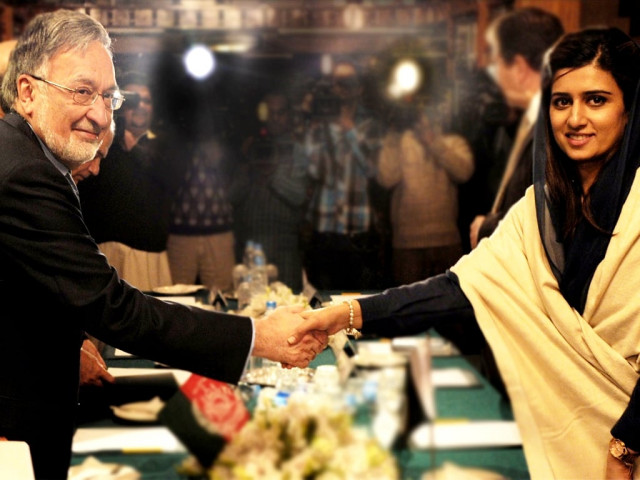Afghanistan presses Pakistan on Taliban releases
Talks this month between Pakistan and Afghanistan's High Peace Council resulted in the release of nine Taliban.

Talks this month between Pakistan and Afghanistan's High Peace Council resulted in the release of nine Taliban, but not the militia's former deputy leader, Mullah Abdul Ghani Baradar, who was captured in 2010.
Afghan officials believe senior Taliban leaders held in Pakistan could help bring militants to the negotiating table, if released from jail, to end over a decade of war ahead of the 2014 pull-out of US-led NATO troops.
"I hope that we will continue to implement other concrete measures in a timely manner and push the peace process forward... so that all those who can help advance the peace process go free," said Afghan Foreign Minister Zalmai Rassoul.
He spoke following talks with his Pakistani counterpart Hina Rabbani Khar and before meeting Prime Minister Raja Pervez Ashraf.
An Afghan official told AFP ahead of the meetings that Rassoul would ask for the release of further Taliban detainees in Pakistan, including Baradar.
The Taliban, leading an 11-year insurgency since the 2001 US-led invasion, has welcomed the releases, but refuses to negotiate directly with Kabul, calling the government of President Hamid Karzai a US puppet.
Pakistan confirmed that the release of prisoners had been discussed again Friday.
"Other elements, whether it had to do with the release of prisoners or the safe passage or the facilitation of contacts, were all discussed thoroughly and we will all agree that we are making forward movement on each one of those elements," Khar said.
But a senior Pakistani security official told AFP that "no decision" has so far been taken on whether to release Baradar.
"We have to ascertain how important he can be. Pakistan believes Baradar may not be enjoying the same clout he used to have before being arrested in Karachi two years ago," the official said.
Preliminary contacts between the US and the Taliban in Doha were broken off in March when the militants failed to secure the release of five of their comrades held at the Guantanamo Bay prison on the US base in Cuba.
Support from Pakistan, which backed the 1996-2001 Taliban regime in Kabul, is seen as crucial to peace in Afghanistan after the departure of NATO forces.



















COMMENTS
Comments are moderated and generally will be posted if they are on-topic and not abusive.
For more information, please see our Comments FAQ